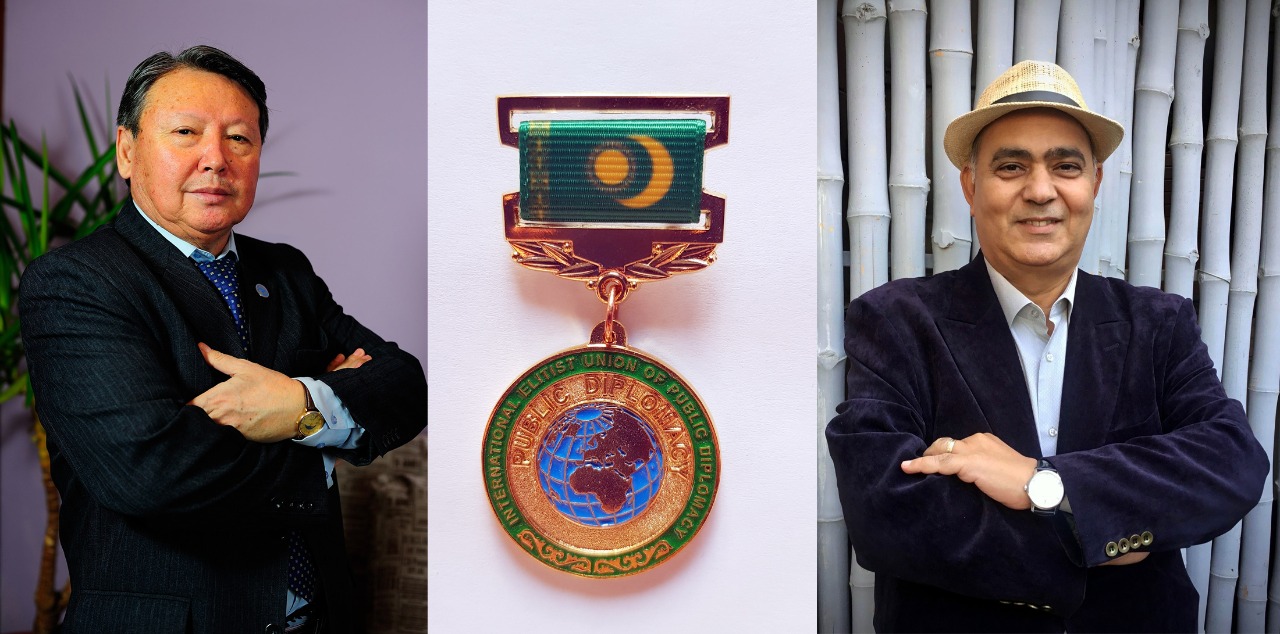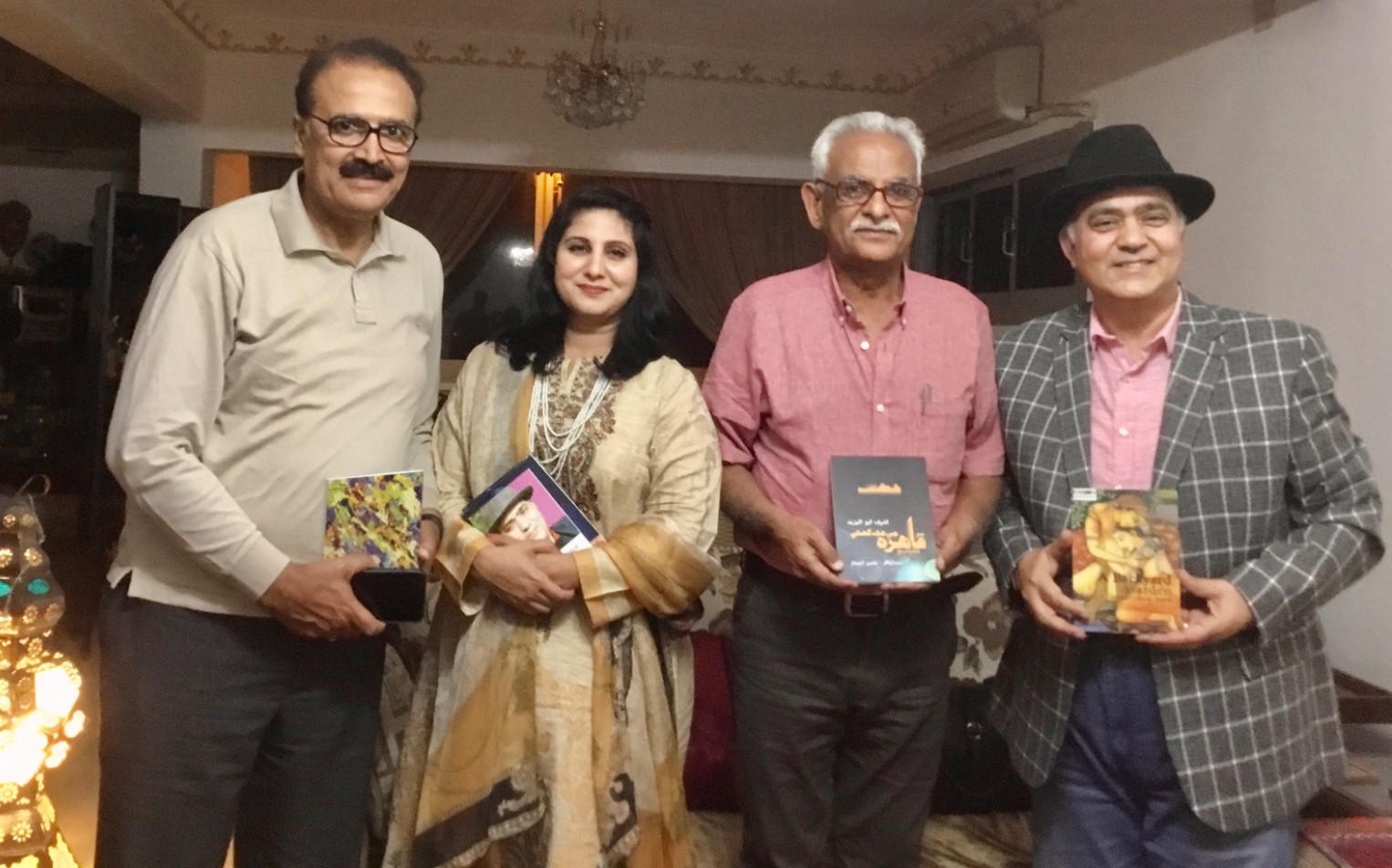[Ashraf’s Tales of Arabia] Peace is better than war
Early next morning, some 33 centuries ago, in the city of Kadesh, to the north of Damascus, near the Syro-Lebanese border. The young Egyptian king Ramses II launched a massive assault, but was outnumbered by the Hittites, and the assault was lacking in terms of chariots, and soldiers suffered from their wounds. Both sides realized that a protracted war would result in nothing but further losses, and thus decided to disengage and follow a policy of wait and see.
The wise Mowatallis, who wasted his financial resources on preparing for the Kadesh battle believed that diplomacy was the best means to solve the problem, and he himself had previously experienced peace with King Siti I. He sent a delegation to the pharaoh with proposals for peace, hailing Ramses II’s bravery and ending his message:
“Peace is better than war!”
Ramses II summoned his advisers who supported (ceasefire) without a pledge for abandoning Kadesh for good. In Ramses II’s twenty-first regal year, (1259 BC) a peace treaty was conducted between the two rivals, putting an end to a century-long conflict over Kadesh, pledging permanent ceasefire and non-aggression and border demarcation with the city being the boundary between the two kingdoms. The treaty built a generation of friendships during which leaders exchanged messages, presents and emissaries. In one of the most famous messages the Hittite emperor requested Ramses II to send some skilled physicians, offering them gifts to motivate them to travel to a different climate (from Egypt to Anatolia).
The history of war is over and the images of peace remain. This lively duality existed that day at the town of Al-Qusair, not far from Kadesh, where differences disappear and friendliness prevails. This spiritual tranquility of Muslims and Christians exists not only among neighbors but in death as well. Similarities also include lifestyle, clothes, customs and gatherings. Even names are similar; Christians sometimes name their children Ahmad and Muhammad. Names revealing religious affiliations are rare, in an atmosphere of tolerance, with the River Asi forgiving their sins.
History and Memory I wasn’t therefore to distinguish between Muslims and Christians as I was in the home of my host Sheikh Makram Jaross and all his guests recounted stories of friendliness and fraternity, as if Al-Qusair had only one artery the Asi in whose blood the cells of joint living and peace flow. Kadesh as a symbol of war and peace featured prominently during our talk.
That day I hoped the Syrian government, under a joint project with archaeological expeditions, would fulfill people’s aspirations here to rediscover history and revive memory. They hope one day tourists will flock to an area which in their view is the most beautiful and the most neglected. This is how they view the Asi, poplar and willow trees and the tales of thousands of years which nobody listens to.
A sense of injustice is common here among the people of this city who are proud of its history which never knew feudalism. You may meet a peasant who owns nothing more than a straw mat but behaves like a prince wandering in a vineyard, apricot, apple, walnut and fig orchard or wheat and potato fields and is generous enough to donate everybody from the bounties of his land… an old habit never affected by years of drought.
Everybody is interested in the history of their heroes who shared in the great Syrian revolution, and in the struggle against French mandate wishing to find reference to them is school books and newspapers and on television.
Entering the library of engineer Muhammad Mohib Eddin (Abu Hassan), I was received by Firmans (Royal Law Decrees written during Ottoman Empire) and manuscripts and the first issues of some newspapers and rare magazines. I was almost lost among numerous books, volumes and documents, starting with a four-century-old family tree the length of the alley he was born in. He allowed me to hold one end of the tree and he held the other which probably reached the birth place of his grandfathers born in Kadesh or around it. The document was initiated by the grandfather who worked in land zoning at Al-Qusair and was responsible for collecting incoming mail at Josiah on the Lebanese border.
Abu Hassan said:
“I have a document written by the grandfather of the poet Muhammad Walid Al-Masry (“Al-Masry” family name means the Egyptian) who was the only literate person here 150 years ago. He came here as an Ottoman soldier and, like others, decided to stay.” He continued: “One of the rarest documents I exhibited at a national document exhibition was one written by the inhabitants of Hama requesting that they be the exclusive owners of the Asi, denying the people of Homs access to its water.
Those who live in Syria know the historical stories that show how the two cities were not in peace with each other!
Abu Hassan is usually seen driving his car with its trunk full of a moving library carrying books or papers to his home library. His latest paper invasion was in Lebanon where he is making preparations to buy a 5000-book-library from an 80-year-old man.
Al-Arabi magazine issues hold a special place in Abu Hassan’s collection which contains 100,000 manuscripts and printed items, including 8.000 copies of the magazine right from issue one (many copies are similar). He is keen to buy any available number of copies even if extra, and has even designated a year to be Al-Arabi’s exhibition year.




